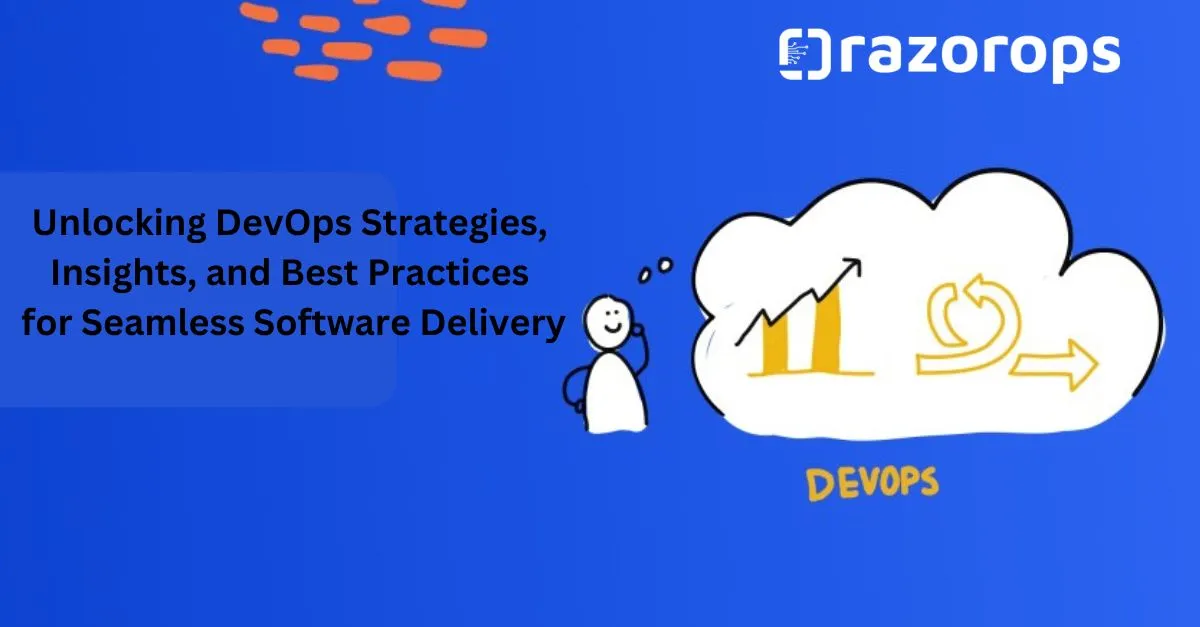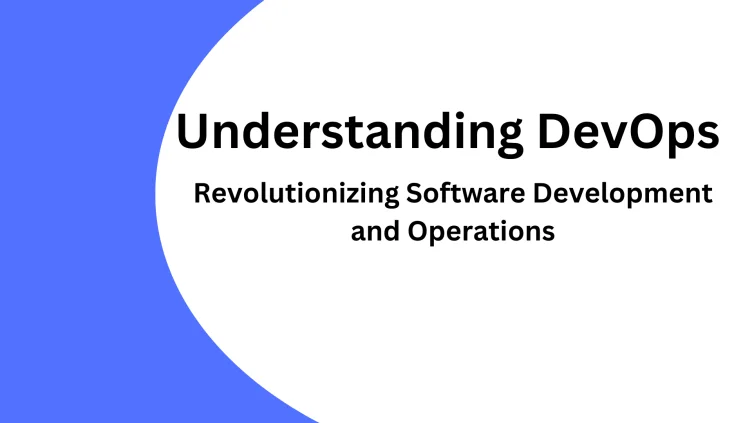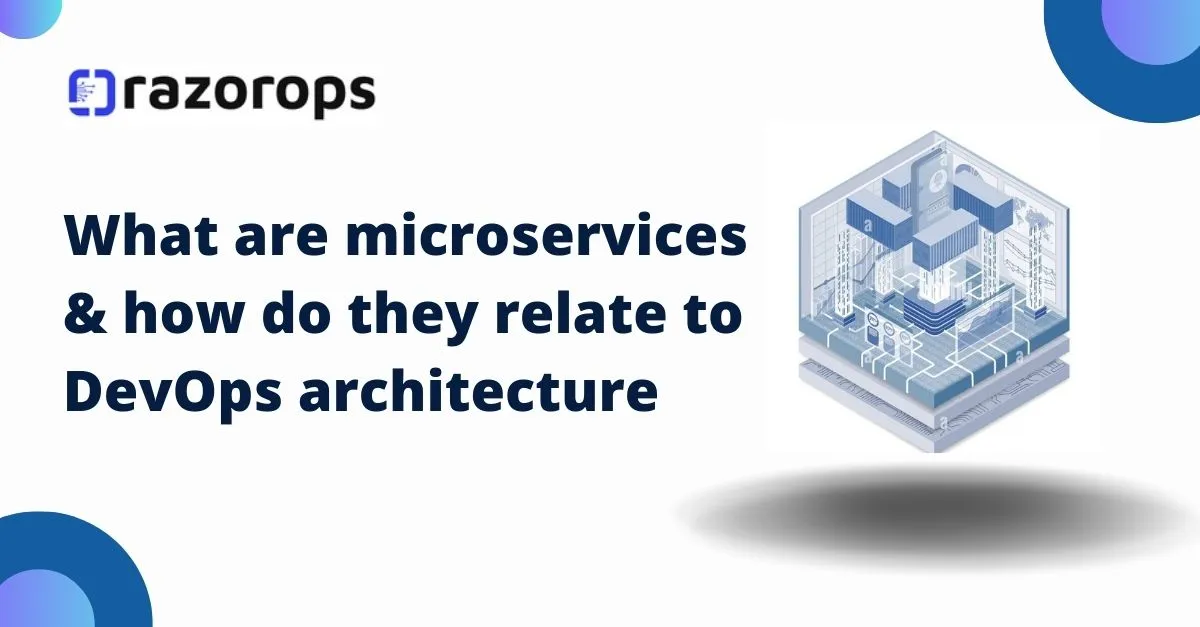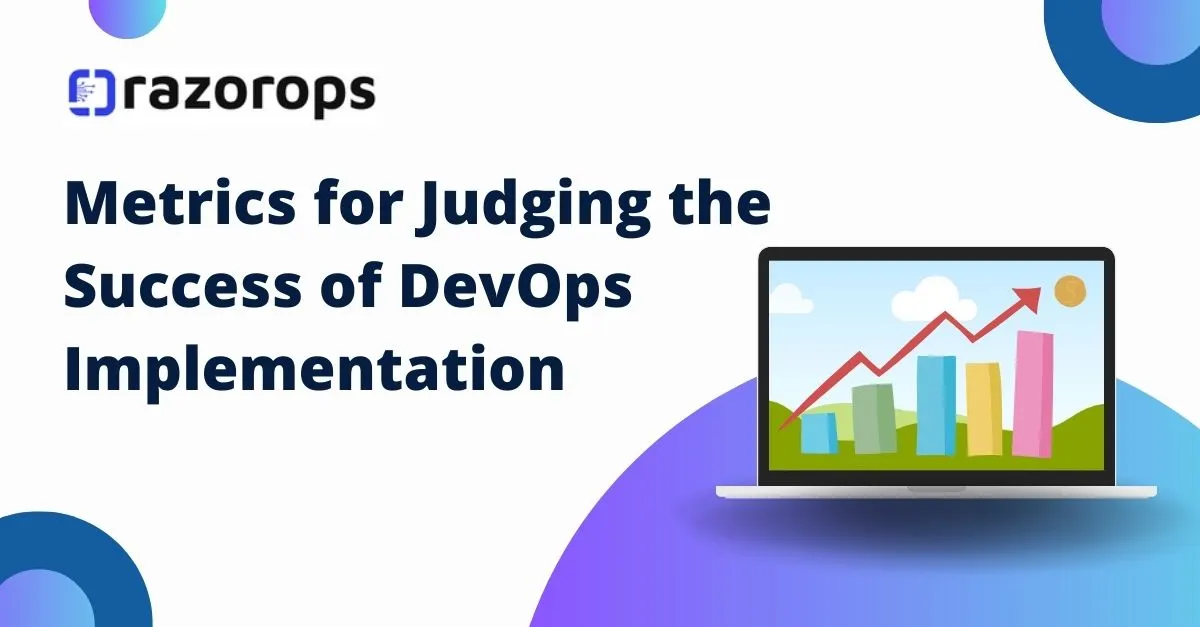Unlocking DevOps Strategies, Insights, and Best Practices for Seamless Software Delivery

software quickly and reliably is crucial for staying competitive. DevOps, a set of practices that combines software development (Dev) and IT operations (Ops), aims to shorten the development lifecycle and provide continuous delivery with high software quality. Here, we explore strategies, insights, and best practices to unlock the full potential of DevOps for seamless software delivery.
Understanding the DevOps Culture
At its core, DevOps is not just a set of tools or processes but a cultural shift that fosters collaboration between development and operations teams. This culture emphasizes communication, integration, and automation. The goal is to break down silos, enhance teamwork, and create a more productive and agile environment.
Key DevOps Strategies
-
Automate Everything: Automation is the backbone of DevOps. From code integration and testing to deployment and monitoring, automating repetitive tasks minimizes human error and speeds up the development process. Tools like Jenkins, GitLab CI, and Razorops CI/CD are popular choices for automating the CI/CD pipeline.
-
Implement Continuous Integration and Continuous Delivery (CI/CD): CI/CD practices ensure that code changes are automatically tested and deployed, leading to faster and more reliable software releases. Continuous Integration (CI) involves frequent merging of code changes into a central repository, followed by automated testing. Continuous Delivery (CD) extends this process by automating the deployment of code to production environments.
-
Embrace Infrastructure as Code (IaC): IaC involves managing and provisioning computing infrastructure through machine-readable scripts, rather than physical hardware configuration or interactive configuration tools. Tools like Terraform and Ansible enable teams to manage infrastructure consistently and at scale.
-
Adopt Microservices Architecture: Breaking down applications into smaller, independent services allows for more agile and flexible development. Microservices can be developed, tested, and deployed independently, which aligns well with the DevOps principle of frequent, incremental updates.
Insights for Effective DevOps Implementation
-
Foster a Collaborative Environment: Encourage open communication and collaboration between development, operations, and other stakeholders. Regular stand-ups, retrospectives, and cross-functional teams can help in building a strong DevOps culture.
-
Measure and Monitor Everything: Implement robust monitoring and logging solutions to gain insights into the performance and health of your applications and infrastructure. Tools like Prometheus, Grafana, and ELK Stack are essential for effective monitoring and troubleshooting.
-
Prioritize Security: Integrate security practices into the DevOps pipeline, a practice known as DevSecOps. Automated security testing, vulnerability scanning, and compliance checks should be part of the CI/CD process to ensure secure software delivery.
-
Invest in Training and Skill Development: Continuous learning is vital in the ever-evolving field of DevOps. Provide training and resources for your team to stay updated with the latest tools, technologies, and best practices.
Best Practices for Seamless Software Delivery
-
Version Control Everything: Use version control systems like Git for managing code, configurations, and infrastructure scripts. Version control provides a history of changes, facilitates collaboration, and enables rollback if needed.
-
Create Reusable Components: Develop reusable components and libraries to avoid redundancy and ensure consistency across projects. This practice accelerates development and reduces the risk of errors.
-
Implement Robust Testing: Incorporate automated testing at every stage of the CI/CD pipeline. Unit tests, integration tests, and end-to-end tests help in identifying and fixing issues early in the development process.
-
Leverage Containerization: Containers provide a consistent environment for development, testing, and deployment. Tools like Docker and Kubernetes facilitate container orchestration, ensuring applications run reliably across different environments.
Insights and Best Practices
-
Start Small and Scale Gradually: Begin with small projects to test and refine your DevOps processes. As your teams become more comfortable with the practices and tools, gradually scale up to larger projects.
-
Choose the Right Tools: The DevOps toolchain is vast, with numerous tools available for various stages of the software delivery lifecycle. Choose tools that best fit your organization’s needs and integrate seamlessly with your existing workflows.
-
Foster a Feedback Loop: Implement feedback mechanisms at every stage of the development and deployment process. Continuous feedback helps teams to quickly identify areas for improvement and make necessary adjustments.
-
Emphasize Quality: While speed is crucial in DevOps, it should not come at the cost of quality. Implement rigorous testing practices and quality assurance processes to ensure that the code being deployed is reliable and meets the required standards.
-
Cultivate a DevOps Mindset: DevOps is not just about tools and processes; it’s about a mindset that values collaboration, continuous improvement, and automation. Encourage your teams to embrace this mindset and lead by example.
Unlocking the full potential of DevOps requires a combination of strategic planning, cultural transformation, and the adoption of best practices. By automating processes, fostering collaboration, and continuously measuring and improving, organizations can achieve seamless software delivery. Embrace DevOps as a holistic approach to accelerate innovation, enhance software quality, and stay ahead in the competitive digital landscape.Follow RazorOps Linkedin Page Razorops, Inc.








